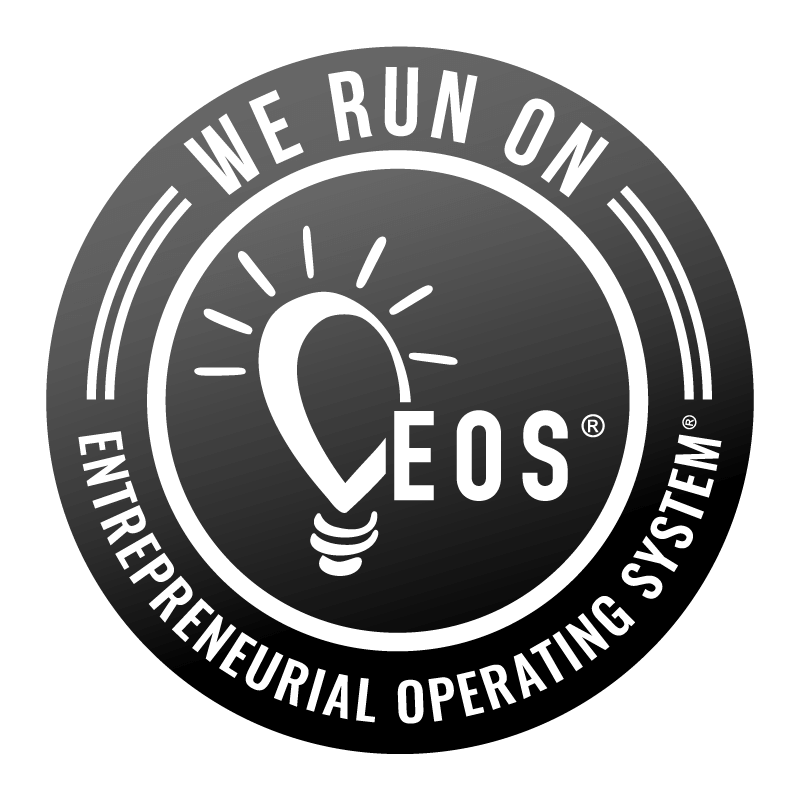During the 1999 offseason, the Detroit Tigers made a blockbuster 9-player trade with the Texas Rangers. The deal sent all-star outfielder Juan Gonzalez, along with two journeymen, to Detroit in exchange for 5 rising stars and a backup catcher. Gonzalez was the centerpiece of the deal. At the time, he was a two-time MVP that seemed destined for the Hall of Fame.
The trade was seen as a win-win and a game changer for the Tigers. Detroit needed a centerpiece as their new stadium, Comerica Park, was opening in 2000. They got a bonafide superstar in Gonzalez. In return, Texas got a much needed injection of youth into their aging roster.
The deal went down as one of the worst in major league history. Gonzalez never fit in with the Tigers. His “me first” attitude rubbed teammates the wrong way. His apathy toward being in Detroit turned off fans and the media. The team finished 79-83, 16 games out of first place. Gonzalez’s nickname was ‘Juan Gone’ because of all the home runs he hit. While in Detroit, he hit just 22 home runs with a batting average of .289 and bolted after only one season – far below his career averages. Thankfully for the Tigers, he turned down the $140 million contract extension they offered during the season. After Gonzalez left Detroit, he never reached the status he previously had and finished his career far short of Cooperstown.
Like sports teams, companies spend a great deal of time and energy evaluating talent and recruiting employees. We want the most talented people with all the right credentials. Why do businesses have problems with turnover then? Maybe we’re asking the wrong questions?
What about being a team player? Few people succeed at work, in the family, or in a social context without being a team player. That’s the premise of Patrick Lencioni’s book, The Ideal Team Player.
According to Lencioni, the ideal team player possesses three essential virtues: humility, hunger, and people smarts.
Humble
Ideal team players are humble. They lack excessive ego or concerns about status. Humble people are quick to point out the contributions of others and slow to seek attention for their own. They share credit, emphasize team over self, and define success collectively rather than individually.
Hungry
Ideal team players are hungry. They are always looking for more – more things to do, more to learn, more responsibility to take on. Hungry people almost never have to be pushed by a manager to work harder because they are self-motivated and diligent. They are constantly thinking about the next step and the next opportunity.
Smart
Ideal team players are smart. They have common sense about people. Smart people tend to know what is happening in a group situation and how to deal with others in the most effective way. They have good judgment and intuition around the subtleties of group dynamics and the impact of their words and actions.
Hiring talented people is a given. Applying these virtues when hiring has paid immediate dividends. We’re not only getting great people, but we’re also adding modest, driven, street smart players who elevate the entire team.
Equally important, we’re not bringing in employees who negatively affect our culture or don’t fit in with our values.
When doing your next interview, ask yourself if the candidate is humble, hungry, and smart to avoid having your new hire be Juan Gone.
By Jason Piasecki, Partner + Team Player









